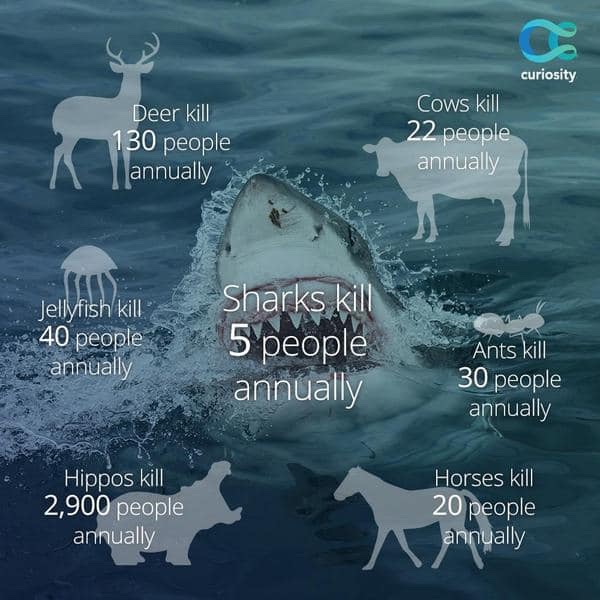Intuitively, we think of sharks and bears. Snakes, scorpions, dogs, and crocodiles also score among perceived deadly animals. But deaths from such creatures are minuscule compared to the number of humans who die from mosquito-transmitted diseases. Chief among these is malaria, killing about 750,000 people per year – almost twice the number of homicides worldwide. And which people are most likely to die? Mainly African preschool children and pregnant women.
I was laboratory diagnosed with malaria at least three times: once in Honduras in the 1980 and twice in Angola in 2005 and 2014. With each illness I suffered devastating fatigue, chills, and nausea. In the most recent episode, our hospital had run out of first line therapy, artemether-lumefantrine (Coartem), prompting a diligent search of the entire city for this life-saving drug. I was a fortunate one, who located the drug, and in time recovered. Meanwhile, Angola’s health ministry reports about 12,000 known deaths each year.
This week, the World Health Organization announced a major advance in control of malaria: rollout of a second vaccine in Ghana, Nigeria and Burkina Faso. The R21 vaccine is for children living in areas at high-risk for malaria transmission. This vaccine reduces symptomatic cases by 75% during the first year following a 3-dose series. A fourth dose is recommended a year later to sustain effectiveness. The R 21 vaccine has proven safe in objective clinical trials, and the cost is just $2-4 per dose. Some 28 African nations have announced plans to incorporate either R21 or the original malaria vaccine, RTS,S, into their nationwide health programs.
All this said, we must also continue to be diligent to maintain the most fundamental malaria prevention steps: elimination of standing water, DEET mosquito repellants, use of insecticide-treated mosquito nets and indoor residual spraying with insecticides – all in our battle against the world’s most dangerous animal!

